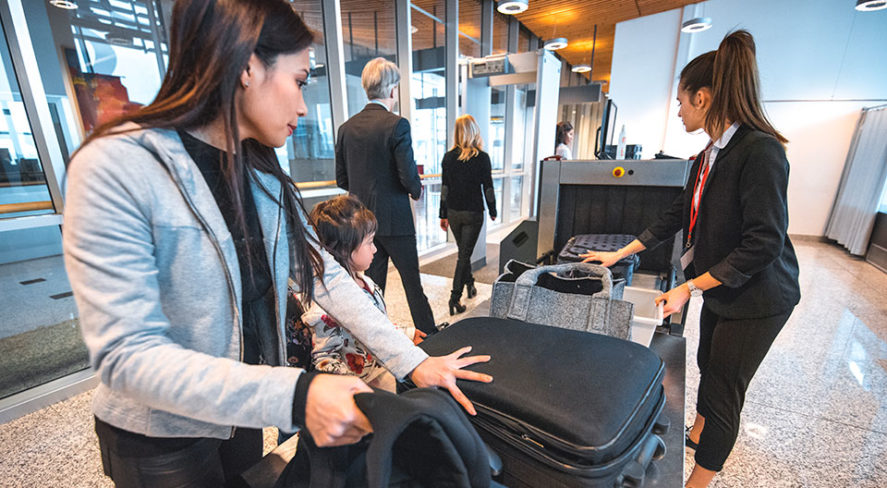Calls to End Biometrics for Air Traveler Verification Are Misguided, Put Americans at Risk

In a recent letter to the Transportation Security Administration (TSA), several U.S. senators have called for ending the successful and popular use of facial recognition technology for traveler verification at TSA screening checkpoints. Unfortunately, the senators’ demand is based on mischaracterizations despite visible information provided by TSA on how the technology is used.
It’s always important that implementations of advanced technologies like facial recognition balance privacy concerns; however, TSA should reject demands to end use of the technology because in this case, facial recognition provides enhanced security, accuracy and convenience for travelers without impacting existing privacy rights or expectations.
Air travelers must already present valid ID at security checkpoints, which is subject to inspection for authenticity and checks against flight information. Additionally, TSA personnel compare the photo on each ID with the person presenting it for visual verification that they match. If one chooses to opt in to this completely voluntary biometric program, this additional step is automated at a kiosk. No personal passenger or identity information is retained or shared. The technology is not used to “identify” or potentially “misidentify” a person – it simply verifies whether (or not) the photo of a person matches their photo taken at the kiosk. Follow-up visual inspection by TSA personnel can address any issues that arise with the automated process.
It is no surprise that availability is being expanded to more U.S. airports beyond initial pilots with TSA PreCheck passengers. According to the most comprehensive public opinion research on facial recognition to date, nearly 70% of Americans support use of facial recognition for TSA screening. Additionally, the U.S. government is seeking to leverage the highest-performing technology available on the market, which, contrary to some claims, is highly accurate overall and across demographic groups. For example, the top 20 facial recognition algorithms are over 99.7% accurate in matching across white, Black, male and female demographics according to recent test data from the National Institute of Standards and Technology.
Congressional oversight is critical to ensuring accountability from federal agencies and programs. We believe members of Congress should carefully and thoroughly consider the specific, limited and beneficial role of biometrics in air traveler security as they carry out this important duty.
